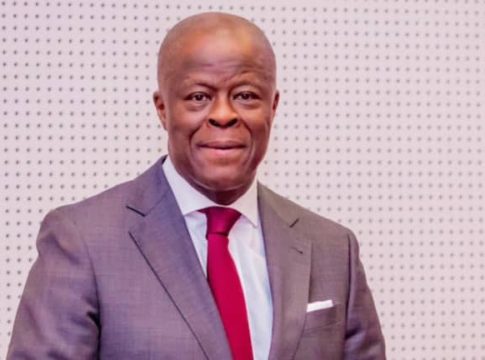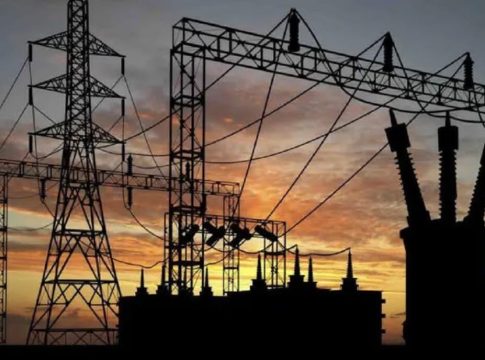In a significant financial move, the World Bank has sanctioned a $2.25 billion loan for Nigeria, aimed at bolstering revenue generation and propelling economic reforms forward. This substantial financial injection comprises two parts: $1.5 billion is allocated for mitigating the escalating poverty levels, which have seen a stark rise over the past year, and $750 million is designated to foster tax reforms, enhance revenue generation, and protect the oil revenues that have been adversely affected by limited production due to rampant theft.
The approval of this loan arrives amid Nigeria facing profound economic challenges, propelled by President Bola Tinubu’s ambitious economic reforms. These reforms, which include terminating the long-standing but expensive fuel subsidies and the amalgamation of multiple exchange rates, have inadvertently led to a steep inflation rate, marking a 28-year peak.
Faced with mounting pressures from the populace and labor forces protesting the economic difficulties, President Tinubu’s administration has pursued this loan as a means to bolster its overarching economic strategies, with an eye on stabilizing the economy and enticing more foreign investments. According to reports by the Nigerian Economic Summit Group, there’s a noted decline in foreign investment inflows, which plummeted by 26.7 percent from US$5.3 billion in 2022 to US$3.9 billion in 2023.
READ MORE: MultiChoice Records Loss As Subscribers Reduces Across Africa
Nigeria’s burgeoning debt load has significantly hamstrung the government’s fiscal flexibility, intensifying its dependence on borrowing to fund public infrastructure and welfare initiatives. This has led to a staggering spike in public debt, soaring nearly 1,000 percent over the past decade.
The World Bank, however, remains optimistic about the outcomes of President Tinubu’s economic policies. Ousmane Diagana, the World Bank vice president for Western and Central Africa, underscored the importance of sustaining the current reform momentum, positing that these policies could pivot Nigeria onto a trajectory of economic stability and poverty alleviation.
The financial landscape sees Nigeria grappling with a soaring foreign debt service cost, which witnessed a 96 percent year-on-year surge as of May 2024. The sheer magnitude of the debt servicing obligation underscores the growing fiscal strain, posing a looming challenge for the country’s economic management and recovery efforts.
This loan signifies a pivotal step towards addressing Nigeria’s immediate economic concerns while endeavoring to lay a sustainable foundation for future prosperity amid the backdrop of an increasingly complex global financial environment.




